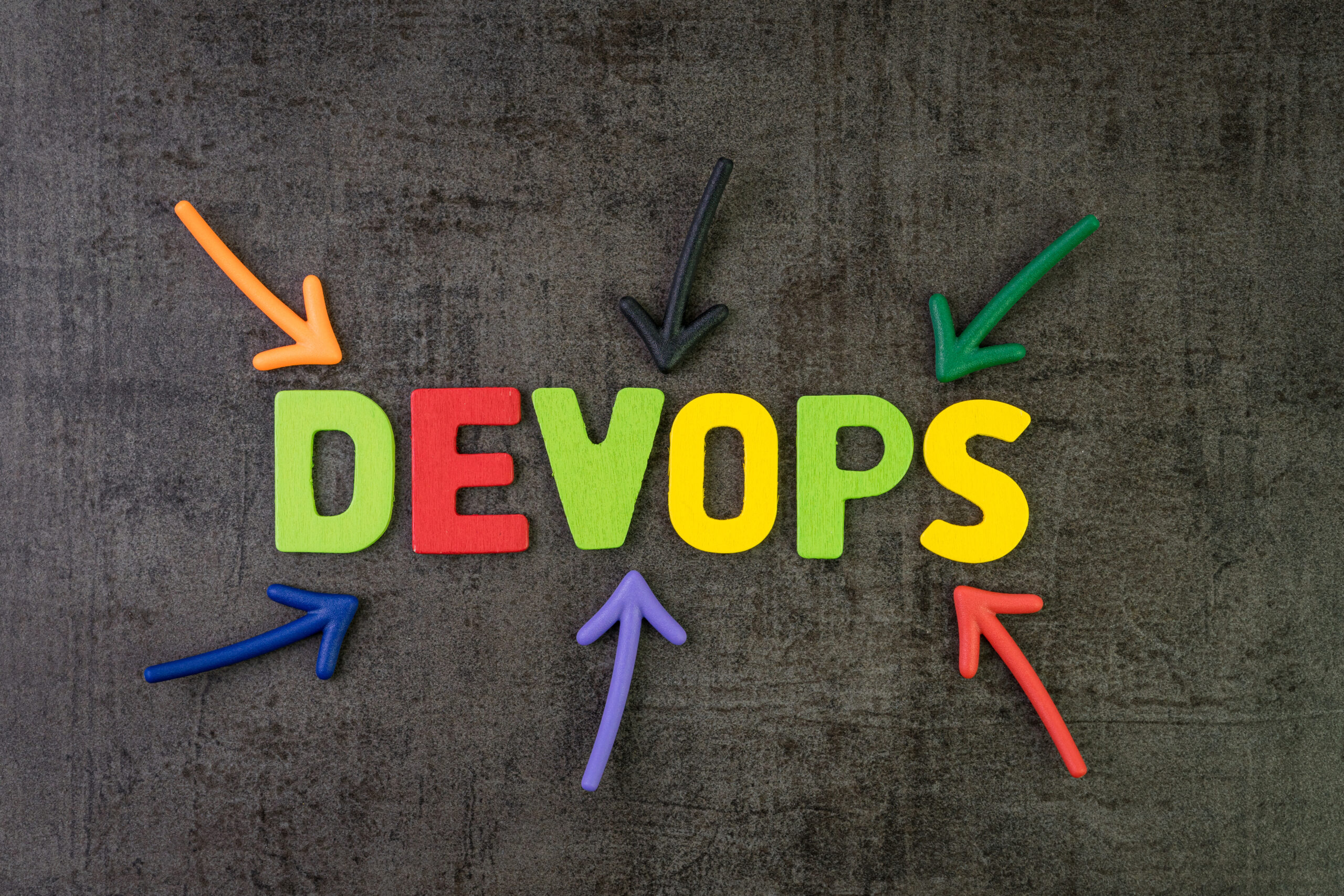Successful DevOps teams are one key to a thriving business. They accelerate the development cycle, improve software quality and reduce costs.
However, many businesses struggle to create and maintain successful DevOps teams. Here are three steps you can take to create a cohesive and productive DevOps team that will help your business grow.
Create a DevOps roadmap
A DevOps roadmap helps coordinate the work between development, operations and any other team that will support DevOps efforts. It serves as a quick visual reference to align the various teams and their interdependencies.
It shows the overall direction of your software development and how it fits into your company’s vision. It should establish clear goals to help teams understand each other’s responsibilities and deliverables to better meet business objectives. This improves communication, leading to fewer errors and a better chance of long-term success.
Use the right tools
Keep teams trained and up-to-date on the latest technology to centralize processes, optimize daily workflow, automate tasks, improve communication and keep everyone on the same page.
Some questions to help you identify what tools you should be using:
- What’s our deployment frequency?
- What’s our lead time, or the time it takes to move from concept to implementation?
- How long does it take for the average deployment?
- What kind of automated testing and deployment aspects have been implemented?
- Some of the best DevOps tools include Jira, Confluence, Terraform, Bitbucket and Jenkins.
Foster a culture of collaboration
By encouraging communication and collaboration, you create a team that works quickly and efficiently. This will help them complete tasks faster and with fewer errors.
With increased remote work, the team should have access to shared online workspaces where anyone can discuss what they’re working on, problems they’re facing and any ideas they have. The key is to build tools into daily workflows so they support the team in a fluid way and tie information back to your DevOps roadmap.
Collaboration goes beyond the team. Engage your customers for feedback while integrating team efficiencies that directly support the delivery within the product’s roadmap.
By automating tasks and collaborating closely, DevOps teams can release new features and updates much faster than traditional software development teams. This helps businesses stay ahead of the competition and keep existing customers happy. Following and implementing these three steps will help ensure that happens.


